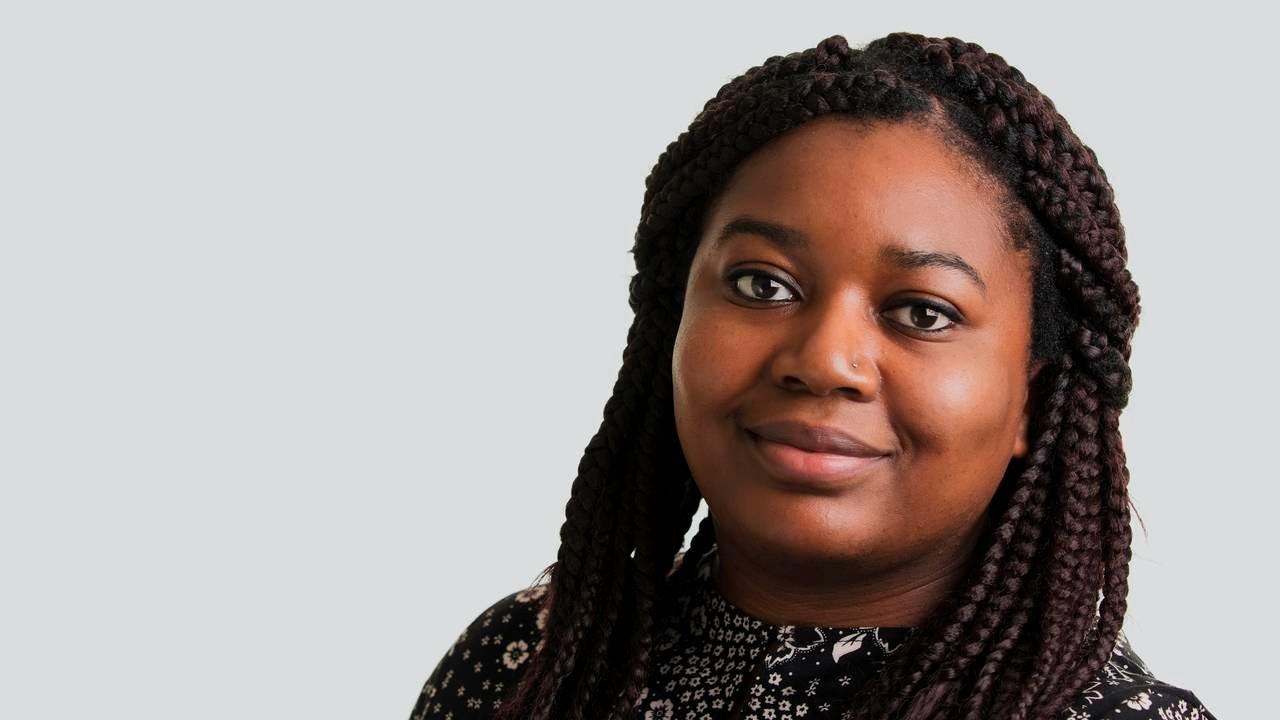
Where are all the BAME women? My hopes for the sector and my own career
Jan 23, 2019By Shanaz Durrant, Human Resources Administrator, UCL
At the start of her career in higher education, Shanaz considers what opportunities lay ahead of her and how she perceives the leadership positions. Shanaz also explores ideas for action - what can be done?
On the 27th March 2018, I was privileged to attend the first ever WHEN conference created and presented by Alice Chilver - and what an amazing day it turned out to be!
I was very impressed at the turn out and how much work Alice had put into putting this all together and the theme of the conference ‘Eliminating the Gender Pay Gap in Higher Education’ was an extremely topical subject to cover with the Gender Pay gap being a focal point in current affairs.
As I arrived, I had an opportunity to meet Thalia Anagnostpoulou, one of the women who I learnt would be leading one of the engaging workshops and with her energy and passion radiating from her, it was hard not to feel excited about the conference! I will admit, I do sometimes get a bit anxious when meeting new people, but alongside Thalia’s welcoming personality, the atmosphere in the foyer was quite informal and relaxing so I was able to feel at ease and talk to a few more women who began to arrive.
Once we were in the hall, it was so empowering to see so many women from different backgrounds and different HEI – this was a great thing to see and I couldn’t wait for the conference to start! The Talks about the reality of the pay gap also how women in higher education tend to work twice as hard to get into a more senior role really gave me food for thought – especially when Dr Victoria Showunmi led into the issue of the lack of BME women in senior roles in Higher Education.
As a young BAME woman myself, this talk piqued my interest as I have taken great consideration towards my career since I graduated a year ago and I have realised the lack of BAME women in more senior roles in Higher Education is rather disheartening as it almost implies that it is near impossible to progress into management roles. Victoria highlighted how BAME women are not encouraged to apply for such roles as much as others are, and how this is not acceptable in the 21st Century – and this raised the question: why can’t there be more BAME women in senior and management roles?
This is where the workshop Urduak Archibong conducted in the afternoon came in…
This workshop addressed some of the issues raised by Victoria in a collaborative way, there were a few BAME women in the room including myself and Urduak, but it was insightful to see what the other women in the room thought about this ‘double inequality’ found in Higher Educational institutions. The three questions asked in the workshop were:
- What were your thoughts when the number of BAME women in higher education was revealed in the conference?
- What do you think is the root cause?
- How can we change this?
Words such as ‘disappointed’, ‘ashamed’ and ‘angry’ began to fill the room as we answered the first question, but I couldn’t help but feel a small glimmer of hope that this could be turned around. When me and my partner were asked what we thought, I mentioned that although it is disheartening to see very few BME women in senior and management roles, a positive spin can be taken and determination to improve this by working together to address the issue could be implemented.
The second question resulted in us looking within ourselves to discover why we may feel discouraged to strive higher and we discovered that in a social context, there is a great lack towards support within most BAME communities and this alongside being suppressed (i.e. discouraged from wanting to aim higher) in school and at home can cause BAME women to believe that they will never be able to get into a management role as they aren’t ‘skilled enough’.
This then lead to us looking at how culturally there is a certain ‘culture’ which dictates who ‘fits’ into these more senior roles and who deserves a promotion – and many BME women when asked in the workshop if they felt they fit, said no…This sense of inferiority within the workplace is one of a few factors as to why there are so few BME women in senior and management roles and as we delved deeper into the causes, we realised that our time had run out.
Before we left to go to our next workshop we managed to conclude that if we could have a buddying system in HEIs, schools and Local communities (or even an opportunity within WHEN to connect with BAME women who are in senior and Management roles), then this would be an invaluable support system which would help to inspire and encourage other BAME women to work towards Senior roles.
I personally would love to get into a management role one day, and even though the number of BAME women currently in these kind of roles is low, I hope that I could be one of many who will take on board what they learnt from this conference and workshop and make it to the top - Anything is possible if others and yourself believe in you…

